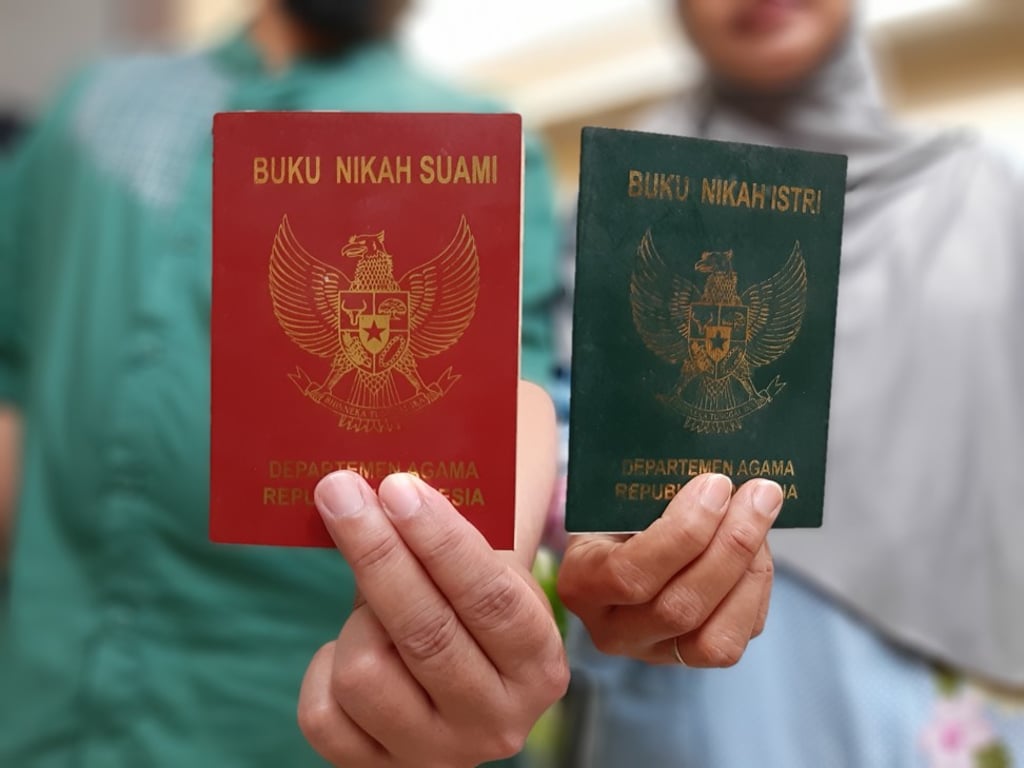‘We all have the right to be happy’: Interfaith couples tell of struggle to get married in Indonesia
- Although legal in Indonesia, interfaith marriage is usually discouraged, with couples generally having to contend with pressure from their families
- Most religious leaders or celebrants refuse to conduct their marriage ceremony, and bureaucratic red tape is also a big stumbling block

Two years after they met at a university event outside Jakarta, Indah Welasasih and Muhamad Yoesoef decided to get married. Despite an age gap of 16 years, the Indonesian couple felt they had a deep connection and they were comfortable with one another.
They planned to tie the knot in September 2008, but there was a big problem: Indah comes from a devout Christian family, while Muhamad was a Muslim. Indah remembers her mother warning her of dire consequences as the relationship became more serious.
“My mother said: ‘I don’t care even if I have to go to jail if you ever convert to his religion’,” she says of her now deceased mother. “I never asked her what she really meant by that but I presumed for someone to go to jail they would have to commit a crime.”
Interfaith marriage is permitted in Indonesia but in many cases is discouraged, both culturally and administratively. Couples have to contend with pressure from their families, with the refusal of most religious leaders or celebrants to conduct the marriage ceremony, and problematic bureaucratic requirements have also to be dealt with.

Muhamad thinks the government should refrain from interfering too much in matters of marriage. “They can of course register an event of marriage for the sake of data needed for a census, for example, but to regulate marriage rigidly should not be part of it,” he says.
One of the articles in Indonesia’s 1974 Marriage Law states that wedlock is valid “provided it is conducted according to the laws of religion and beliefs of both sides”. Conservative religious leaders or celebrants use this article to insist interfaith marriage is invalid, because it’s not in accordance with their holy books.